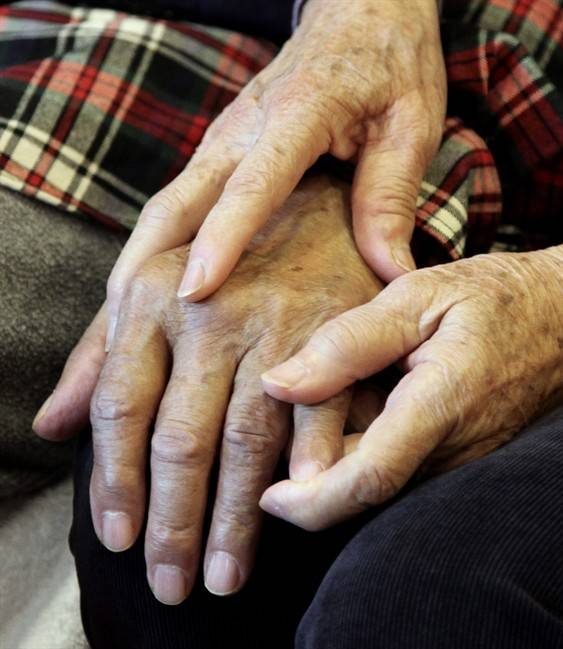SASKATOON – A study on dementia says improvements are needed in support for families, access to timely diagnoses and better tracking of the brain disease.

Professor Debra Morgan from the University of Saskatchewan says she was surprised to find there were a lot of patients who were not diagnosed until they ended up in long-term care.
The study tracked all new and current cases of dementia from all health regions in the province.
Between 2012 and 2013, there were almost 3,300 people diagnosed with dementia in Saskatchewan, which represents about seven in every 1,000. There were 13,000 previously diagnosed cases.
READ MORE: Why docs say these mood changes are a warning sign for Alzheimer’s
Morgan says the number of people with dementia was lower in northern and remote regions, but adds researchers aren’t sure why.
Morgan says early diagnoses and early intervention can improve outcomes and make dealing with dementia much easier.
WATCH ABOVE: Check out ‘s 16×9‘s powerful feature “The Unspooling Mind” featuring the personal story of Global National anchor Dawna Friesen
“(People) don’t seek a diagnosis because they have a perception that nothing can be done and that’s not true, there are medications that can help some people and services are available like respite and day programs that are specifically tailored to people with dementia that can help,” she said.
READ MORE: 10 warning signs of Alzheimer’s disease
Early diagnoses and treatment is particularly difficult in rural and remote areas which tend to have an older population, Morgan said.
“Providing care to people with dementia is challenging and especially in the rural communities providing a specialized service is difficult when you have sparsely populated areas and a limited number of health care providers.”
Morgan also said many people were only diagnosed when they entered a nursing home.
“They never had a diagnosis that was recorded in a doctor visit or they were never prescribed medication for their dementia, so there’s some issues there that suggest we need to be diagnosing people sooner.”
READ MORE: Women make up 72 per cent of Alzheimer’s patients
The report also calls on the province to come up with a new strategy to deal with dementia, as well as making doctors, patients and families more aware of the disease.
- Canadian man dies during Texas Ironman event. His widow wants answers as to why
- ‘Sciatica was gone’: hospital performs robot-assisted spinal surgery in Canadian first
- Canadians more likely to eat food past best-before date. What are the risks?
- Treatment from female doctors leads to lower death rates, study finds



Comments